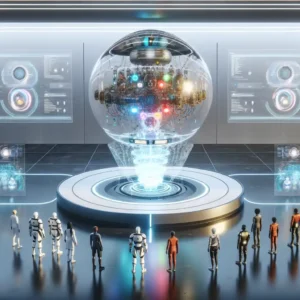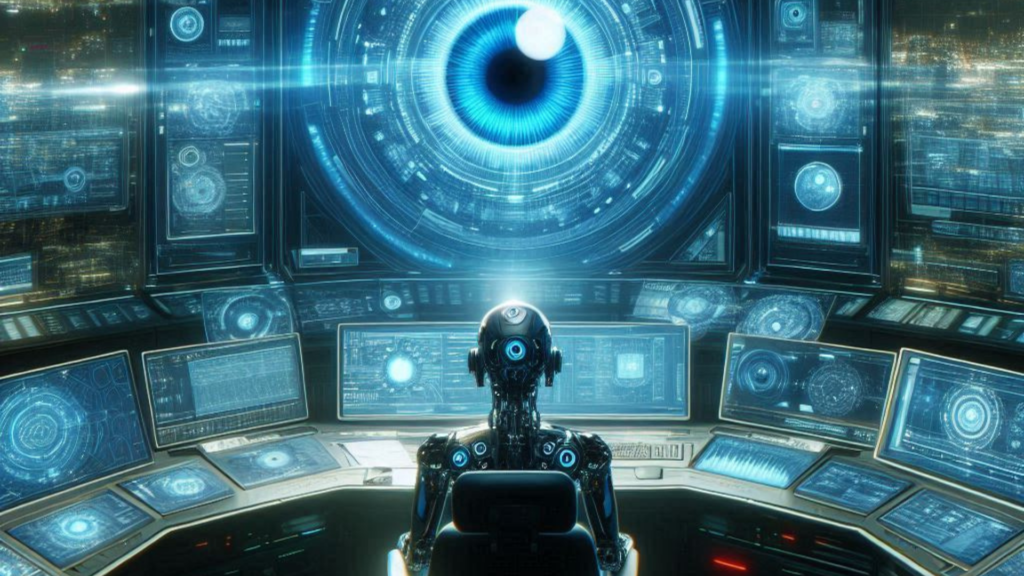AI Moral Judgments Surpass Humans, Georgia State University Study Reveals
Researchers at Georgia State University have delved into how well GPT-4 can navigate moral dilemmas. Their findings suggest that AI moral judgments are often superior to those made by humans across several categories. Interestingly, most participants were able to distinguish between responses generated by GPT-4 and those by humans.
The research was led by Eyal Aharoni, an associate professor in the Psychology Department, and published in Nature Scientific Reports. Inspired by the Turing test, which assesses a machine’s ability to mimic human intelligence, Aharoni adapted the test to focus specifically on moral decision-making.

“I’ve always been fascinated by how moral decisions are made within the legal system and wondered if AI, like ChatGPT, could contribute insights,” Aharoni stated. He pointed out the increasing use of AI in areas with moral implications, such as environmental and legal decisions. Notably, some high-profile legal figures, including Michael Cohen, have inadvertently used AI-generated information in their work. Despite its challenges, the use of AI in legal settings is gaining acceptance, evidenced by British judges approving AI to draft legal opinions.
The study involved several steps:
- Both undergraduate students and AI were presented with the same set of 10 ethical questions about moral and conventional transgressions. Responses from 68 university students were compared with those generated by GPT-4.
- The best human responses and AI responses were then presented side by side to 299 U.S. adults, who initially did not know about GPT-4’s involvement.
- Participants evaluated the responses based on factors such as virtuousness, intelligence, and trustworthiness, without knowing the source.
- After revealing that one set of responses was AI-generated, participants tried to identify which was which.
- Participants then explained why they thought a response was computer-generated and rated their confidence in their judgments.
The findings revealed that AI’s responses often received higher ratings for virtuousness, intelligence, and trustworthiness, and participants generally agreed more with the AI’s judgments. Remarkably, a significant 80.1% of participants correctly identified the AI-generated responses more than half the time.
“After revealing the source of the responses, we found that participants could tell the difference largely because they viewed the AI’s responses as superior,” Aharoni shared.
The study acknowledged some limitations, such as not fully controlling for factors that might help identify AI responses, like response length. It also noted potential biases in AI due to its training data, which could influence its moral judgments across different cultures.
Nevertheless, this study offers a compelling insight into AI’s capacity for moral reasoning, suggesting that AI could potentially pass a moral Turing test. Aharoni emphasized the importance of understanding AI’s role and limitations as its integration into societal functions increases.
“Given that AI is perceived as more rational and less emotional than humans, it’s crucial to address its inherent biases and the uncertainties in its moral compass,” Aharoni concluded. The study underscores AI’s potential in ethical reasoning, highlighting its practical implications in scenarios where moral judgments are necessary.
To stay updated on the latest developments in AI, visit aibusinessbrains.com.




